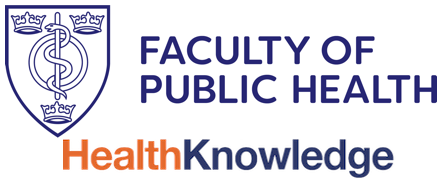Health Economics Index
Author: David Parkin (2009), revised (2017)
Use the table of contents below to find a particular chapter, or click on the first chapter to begin. You can move backwards and forwards through the chapters/sub-chapters using the links at the bottom of each page. You can also jump back to the table of contents at any time clicking the "Up" link at the bottom of the page.
